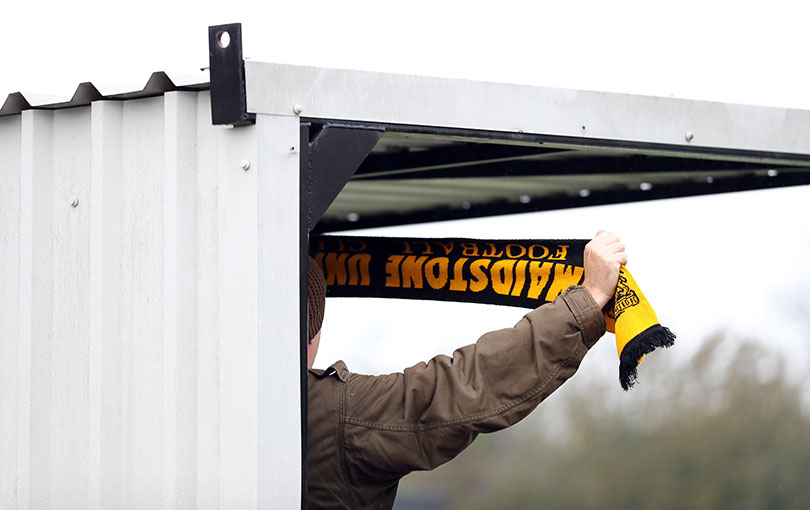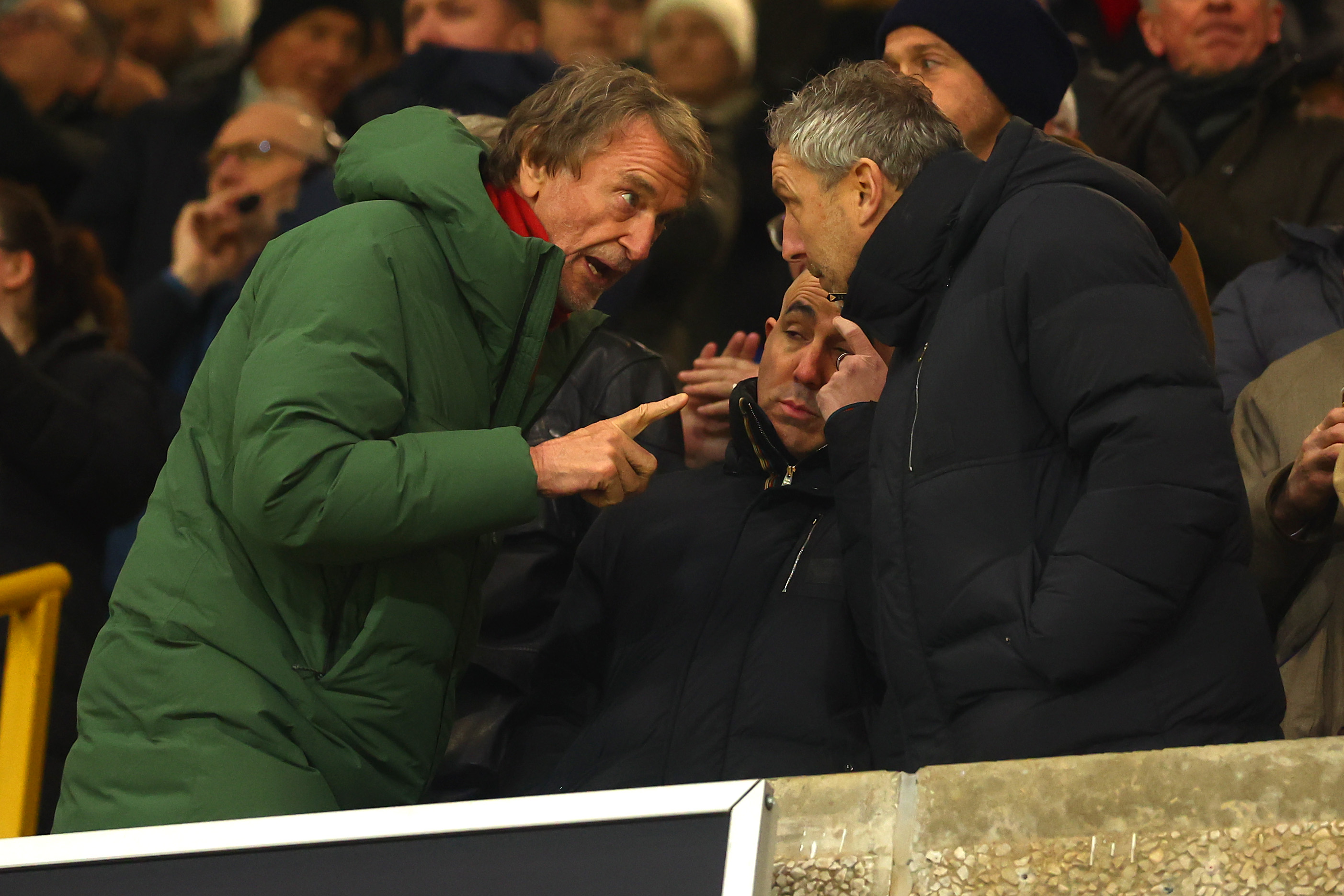"I’d love to have a conversation about what the Premier League should do with its £1.5bn reserves" – the harsh realities of life in England's lower leagues this summer
Even football’s best-run clubs outside the top flight face unprecedented losses this season – so what happens if the fans can't come in? FFT reflects on a summer of struggle with key figures at Maidstone United and Lewes Women

This short feature originally appeared in the September 2020 issue of FourFourTwo – part of our wide-ranging feature about how the coronavirus will change football.
Subscribe today! Get 13 issues of FourFourTwo magazine a year, delivered straight to your door
Bill Williams was a 20-year-old at QPR during the famous Big Freeze of 1963, when Britain endured its coldest winter since 1740 and the FA Cup third round took 66 days to complete.
He’s not been out of football since, having finished his playing career in 1973 and then turned his hand to management – firstly in South Africa, then the United States.
For a decade he’s been the chief executive of Maidstone United in the National League South, and also managed them when they ceased to exist as a club in 1992.
But these baffling months are a first even for him.
“I’ve never seen anything like it,” he tells FFT, reflecting on a period which has turned English football upside down at every level. “We’ve all had to step back and guesstimate everything.”
The best features, fun and footballing quizzes, straight to your inbox every week.
Uncertainty breeds fear, and there has been plenty of both for clubs outside the Premier League this summer. It was late July before the FA announced an October 3 start date for the 2020/21 non-league season – by which point, Maidstone had no sponsors, nor an inkling of when fans might be able to click through the turnstiles again. Now, though, the National League season is set to be delayed once again if supporters aren't allowed back into grounds for that date.
Maidstone are among the lucky clubs: well-backed, profitable, with strong local support. But even they need people through the turnstiles to operate.
“Maidstone are one of the few clubs that don’t entirely rely on fans because we have a few prongs to our business – academies, car parking, commercial activities – but they still make up around half of our revenue,” says Williams. “I would think for many other teams, it’s about 80-90 per cent. Every club will know what they need just to survive. For argument’s sake, at 50 per cent capacity, we would probably be OK and break even – but no less. Starting without them is impossible.”
In the Women’s Championship, fellow semi-pro outfit Lewes – the world’s only club who pay their men and women equally – faced the same scenario before eventually restarting their campaign via support from the Premier League for COVID-19 testing.
“A good chunk of our money comes from fans on a matchday, but we also generate revenue through our ownership scheme,” explains Rookettes general manager, Maggie Murphy. “We’ve got 1,500 people who pay in different amounts, so that is a specific sum we can continue to receive. The funding for COVID-19 tests [to ensure the restart] came from the FA, via a £1.1m Premier League grant – but everything else we have been bearing as a club, which has been challenging.”
For both Maidstone and Lewes, financial help from football’s governing bodies has been limited. Both used the government’s furlough scheme – with Lewes topping up wages – but many of their players’ futures depend on other income. While Maidstone limited summer scouting to the local area, Lewes’ plans have relied on some matters outside of their control.
“One of our girls is a personal trainer but lost her job and couldn’t afford to live here,” explains Murphy. “Others found jobs in the emergency services, like working on the 111 phone line. A lot of them are still wary about their financial situation, though. Some don’t yet know if they will retain their other jobs longer-term.”
For non-league clubs, the Premier League advanced its annual solidarity payments in April – approximately £75k each for National League clubs; £35k for those in the North and South tiers – but in reality, that money is hardly salvation (“a player’s wage for a year, roughly,” says Williams).
He and Murphy agree that more help is essential.
“I’d love to have a conversation about what the Premier League should do with its £1.5bn reserves,” says Murphy. “When is an appropriate time to use that? It doesn’t just generate that cash by itself – it’s linked to the lives of people in their communities. Football is a huge ecosystem – there needs to be an understanding of the links between clubs.”
Williams concurs. “I hope this doesn’t kill football – that’s my huge worry,” he admits. “I know we all have to help ourselves, but everybody needs a hand at the minute. We need clubs like Farnborough, Weymouth and Braintree – it’s good for the energy of football in this country.
“Sometimes in life, you have to help and put something back. If every one of those players on massive wages made a gesture between themselves, we’d probably all survive. I have a lot of time for the PFA, but they don’t like straying from arrangements.
"Well, bugger it – there’s a crisis in football. Who can save it?”
While you’re here, why not subscribe to the mag - and get every issue delivered to your door!
NOW READ...
ANALYSIS Diogo Jota's transfer to Liverpool explained: Following the Sadio Mané blueprint
FIFA 21 The 100 best players revealed
GUIDE Premier League live stream best VPN: how to watch every game from anywhere in the world
Joe was the Deputy Editor at FourFourTwo until 2022, having risen through the FFT academy and been on the brand since 2013 in various capacities.
By weekend and frustrating midweek night he is a Leicester City fan, and in 2020 co-wrote the autobiography of former Foxes winger Matt Piper – subsequently listed for both the Telegraph and William Hill Sports Book of the Year awards.
 Join The Club
Join The Club






